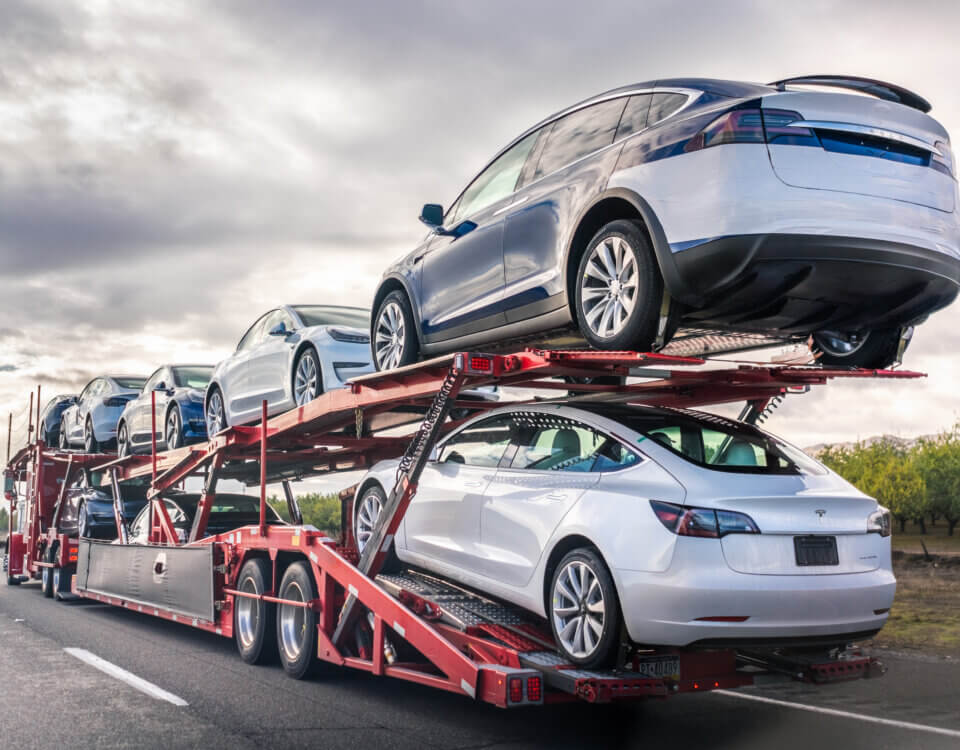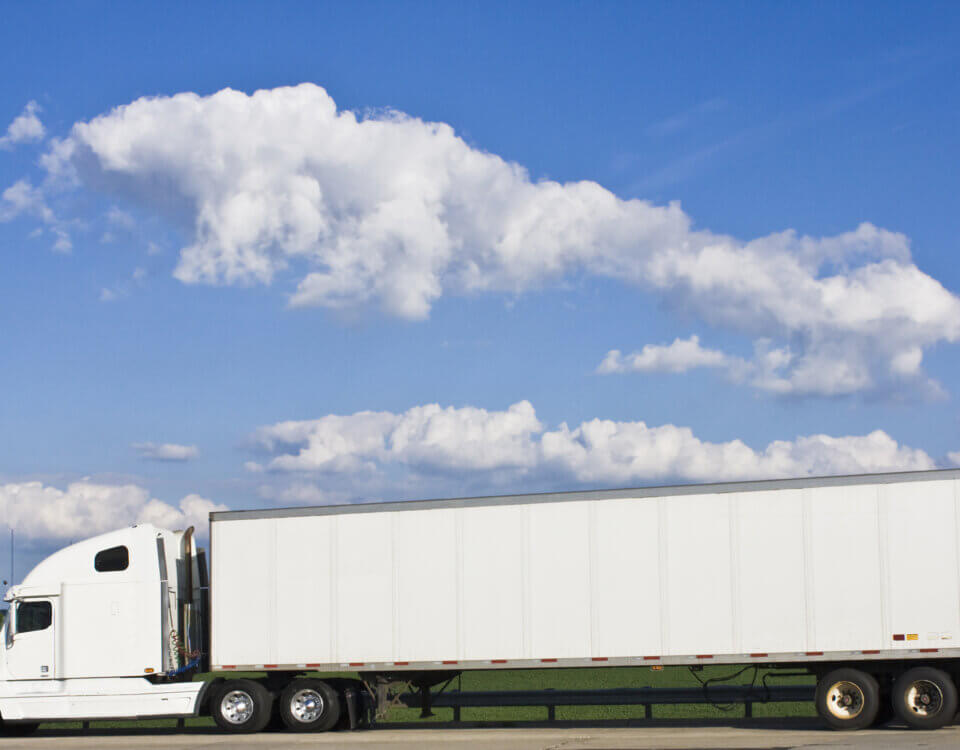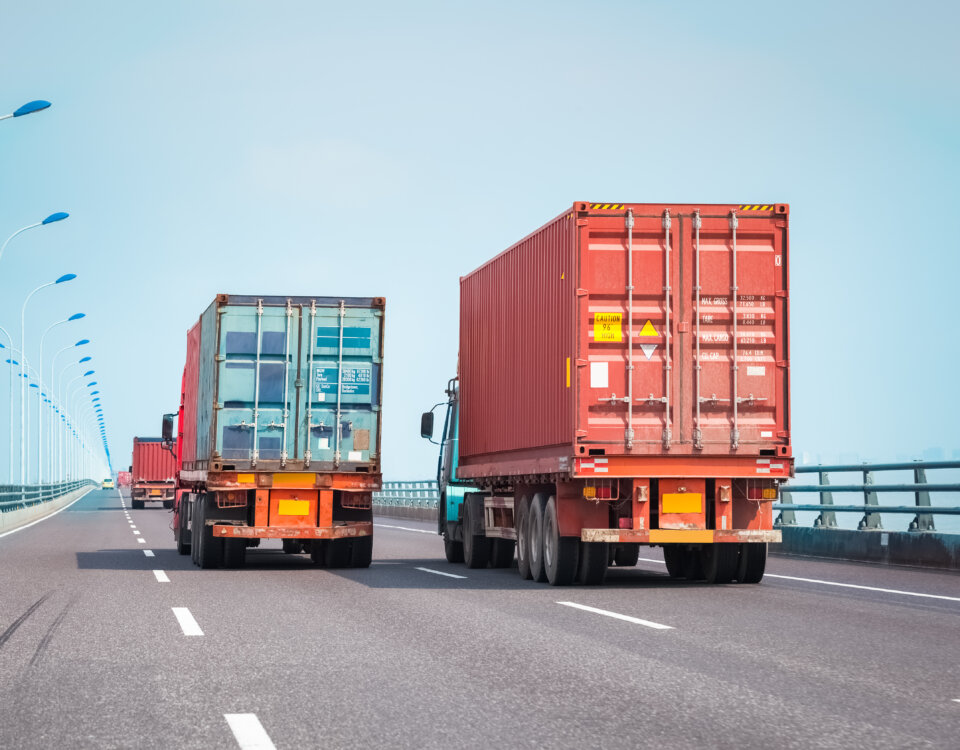With California’s busy streets filled with both rideshare vehicles and delivery vans, accidents involving these drivers are increasingly common. While they may seem similar, the legal and insurance issues surrounding rideshare and delivery driver accidents can differ significantly.
Employment and Insurance Structures
- Rideshare Drivers (e.g., Uber, Lyft):
- Typically independent contractors.
- Covered by personal insurance when off-duty and by the company’s commercial policy when actively transporting passengers or en route.
- Delivery Drivers (e.g., Amazon Flex, FedEx, UPS):
- May be employees, contractors, or third-party partners.
- Coverage varies depending on whether they’re using personal vehicles or company vans.
Liability Considerations
- Active vs. Inactive Status: In both cases, whether the driver was “on the app” or on-duty affects whose insurance applies.
- Multiple Parties: Delivery accidents may involve contractors, parent companies, or even cargo loaders.
- Policy Limits: Rideshare companies often carry higher coverage amounts when a passenger is on board, while delivery accidents may involve lower personal policies or disputed coverage.
Common Accident Scenarios
- Rideshare: Side-swipes in urban areas, rear-end collisions in heavy traffic, or passenger injuries during sudden stops.
- Delivery Drivers: Parking lot mishaps, backing accidents, or blind-spot collisions on residential streets.
Steps to Take After an Accident
- Call 911 and Check for Injuries: Prioritize safety and create an official record.
- Gather Evidence: Photos, app screenshots, and witness details strengthen your claim.
- Exchange Information: Note driver details, insurance information, and company affiliations.
- Consult an Attorney: These cases often involve multiple insurers and complex negotiations.
Protecting Your Rights
While both rideshare and delivery accidents can be complicated, understanding the differences in liability and insurance is critical. Prompt action, thorough documentation, and experienced legal guidance help ensure victims receive fair compensation.
Note: These blog posts are created solely for the use of Hillstone Law. The information is gathered from internet research, publicly available sources, and artificial intelligence (AI) tools such as ChatGPT. While we aim to share helpful and educational content, Hillstone Law does not independently verify every detail. Some information may be incomplete, outdated, or subject to change without notice. If you believe any part of a post is inaccurate, misleading, or infringes upon copyright, please contact Hillstone Law immediately so we can review it and take appropriate action, including correction or removal.
Disclaimer: The material provided in these blogs is for general informational purposes only and should not be considered legal advice. Reading these posts does not create, and is not intended to create, an attorney-client relationship with Hillstone Law. Our intent is to share knowledge, raise awareness, and provide helpful resources to the public; however, Hillstone Law makes no warranties or guarantees about the accuracy, completeness, or reliability of the information provided, and expressly disclaims liability for any actions taken in reliance on it. The photos used in these posts are for illustrative purposes only and do not depict actual clients, individuals, or incidents unless expressly stated. If you or a loved one has been injured in an accident, please contact Hillstone Law at (855) 691-1691. Our attorneys are available to answer your legal questions and help you understand your rights.







